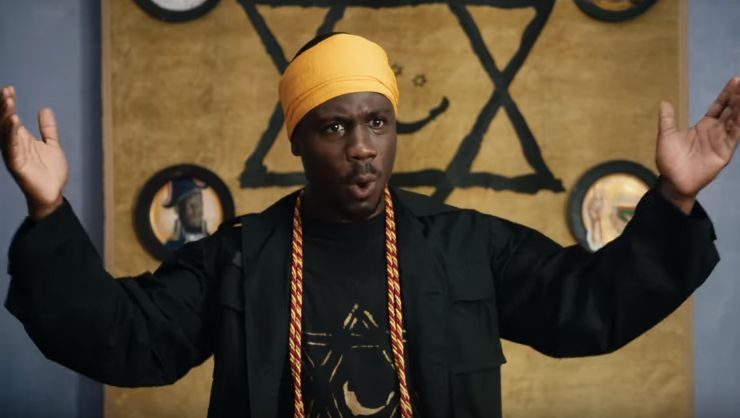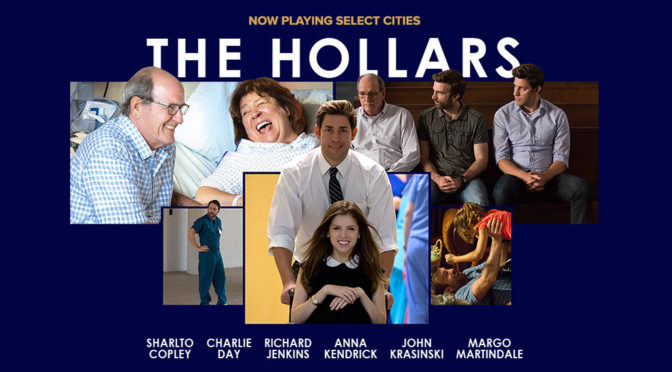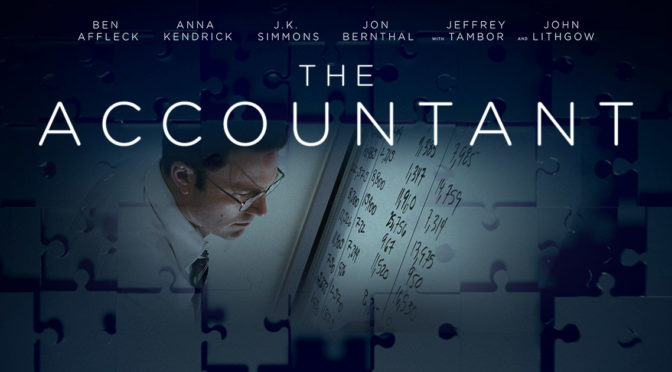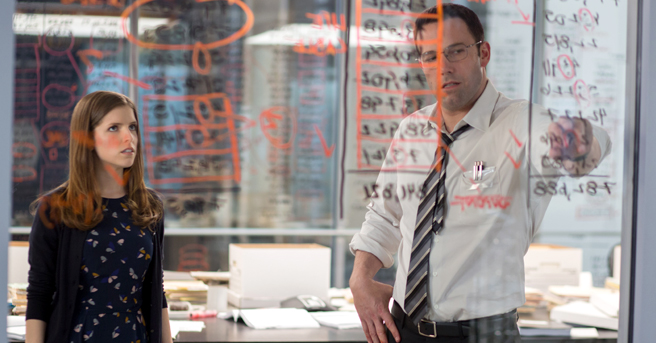Chris Morris (Four Lions) returns to cinema with another satire in a setting that doesn’t seem appropriate for humor. While his previous film followed terrorists, The Day Shall Come flips the script and centers on a team of FBI counter-terrorism agents in Miami. The agents, featuring Anna Kendrick (Pitch Perfect), have their eyes on the leader of a small religious group named Moses (Marchánt Davis).
Morris has spent most of his career deriving comedy from subject matter that should be off limits. He was thrust into the spotlight when making jokes about pedophilia on British TV then again when he made Four Lions, a comedy about four would-be suicide bombers. With Four Lions, there was an initial period of discomfort when faced with the idea of laughing at their lethal behavior, but it quickly dissipated after realizing how incompetent and misguided they were. Morris was able to deftly balance viewing the farcical nature of the ideology behind suicide bombings, the damage they cause, and the fragile mental state that allows regular people to become expendable tools in other people’s wars.

The Day Shall Come doesn’t share that level of nuance. Despite a great cast that is, in other works, very likable, the proceedings are in bad taste. Unlike the terrorists from Four Lions, Moses and his followers pose no real threat. He talks about an mutiny against the oppressors but is unequivocally against using guns, turning them down when offered. Furthermore, he has no actual power. His group has only a handful of people and they are dirt poor. They can’t afford rent for their run-down home and his wife goes dumpster diving to provide food for his followers and his children. He has goals of starting a revolution, but will clearly never be able to. His group has outlandish beliefs like being able to summon dinosaurs with an air horn or that Moses has telekinetic powers showing that he is delusional, but not harmful.
This is what creates the dilemma of the film. The FBI agents aren’t interested in actual counter-terrorism. Their work shown in the film consists of them hiring actors or blackmailing other convicts to set up possible criminals and have them engage in an illegal activity. In some cases, these are actually violent people intending to do harm, but that seems inconsequential. The agents appear to only want to increase their own notoriety by racking up convictions to advance their career. After they botch a potential arrest, they become more desperate and use Moses as their next target. As they try to get him to participate in illegal activities, he makes things difficult for them by not actually being a criminal. He goes to the FBI to report that others are trying to engage in arms trafficking, hoping to prevent the act as well as earn the reward money needed to pay his rent. In moments like this, where someone not committing a crime is viewed as a hindrance to the FBI agents and their purely self-serving goals, the film crosses the line of satire and the characters become despicable. This doesn’t appear to be a failure to achieve Morris’s intended goals, he may have wanted the agents to be received this way, but it is a creative misfire. The film is a failed satire, unable to sustain humor in the face of its reprehensible characters and their shameful, short-sighted manipulation.

2/5 stars.





